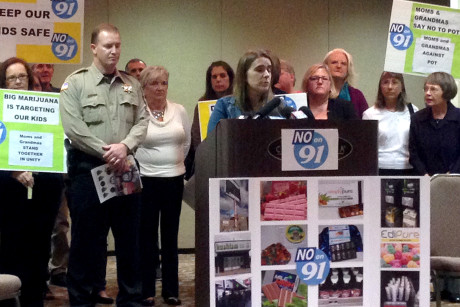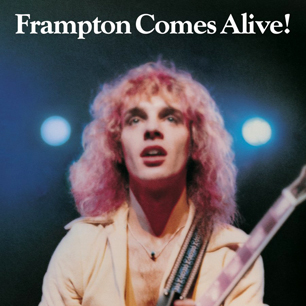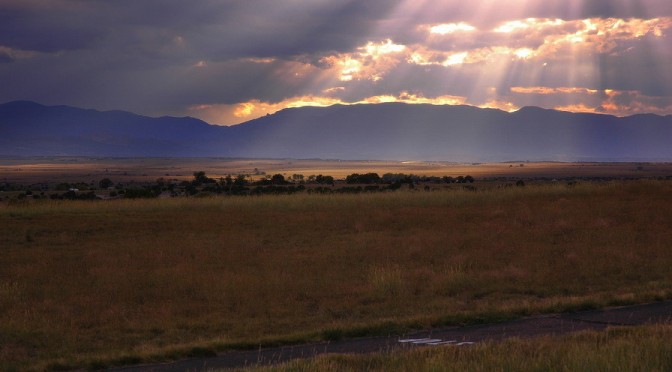(Second in a series on Oregon) Measure 91 to tax and regulate marijuana is not so much a vote about legalizing marijuana as it is a vote to commercialize it. Oregon decriminalized marijuana in 1973!
“Commercialization’s goal is to privatize profit and socialize the costs,” explained one of our members in Colorado.
“Marijuana legalization rakes in another $800,000 from big out-of-state donors” was the headline in today’s Oregonian. The money will fund a $2.3 million advertising campaign.
As of October 17, the out-of-state PACs and donors have given over $4 million — 24 x the amount Vote No on 91 has raised. Yes on 91 asks Oregonians to expand its pot industry and allow recreational pot shops. — quite a stretch for the only coastal state that doesn’t commercialize its beaches. (Medical marijuana sellers who recruit so-called patients along Venice beach in California wouldn’t find it as easy in Oregon.)
No on 91 is led by conviction, not money. As the Register-Guard reports, almost all of its money is from in-state, and there’s a large group of volunteers. Oregon residents and voters tend to be independent and less corporate, so they may not follow the pack.

Big Money Pushes Legalization Ballot; Monsanto Gives to GMO Opposition
Vote No on 91 has received most of its $168,200 from in-state sources. (Oregon has another ballot issue that is also being watched nationwide, Measure 92, which would require labels on genetically-modified (GMO) foods. Wealthy donors and corporate interests from both sides of that issue have donated millions. Most recently, Monsanto gave 2.5 million in opposition to Measure 92. Oregon Right to Know, in favor of Measure 92, has raised over $5.4 million, while the opposition has raised $15 million. Dr. Mercola, Ben & Gerry’s Ice Cream are amongst the supporters. )
Unlike the GMO issue, the forces against marijuana legalization have no corporate donors. Marijuana legalization advocates often claim that pharmaceutical companies fuel the opposition to legalization. It’s a false notion, because the opposition comes from the public, the prevention community and parents.
Most of the money to fund marijuana originates in the deep pockets of hedge fund billionaire George Soros, donor of Drug Policy Action, and the family of Progressive Insurance founder, Peter Lewis. Mr. Lewis died in November, but his children have continued the donations. They aren’t Oregon residents.
From Ballotpedia the Top 5 contributors:
| Donor | Amount |
|---|---|
| Drug Policy Action | $1,350,000 |
| New Approach PAC | $950,000 |
| New Approach Oregon | $700,000 |
| Drug Policy Action Fund for Oregon | $240,000 |
| Philip Harvey | $150,000 |
While Oregon’s 2 gubernatorial candidates, Gov. John Kitzenhaber and Dennis Richardson , support GMO labels, they adamantly oppose Measure 91. Gov. Kitzenhaber is a physician.
Thinking people of Oregon, please think deeply about this issue.





